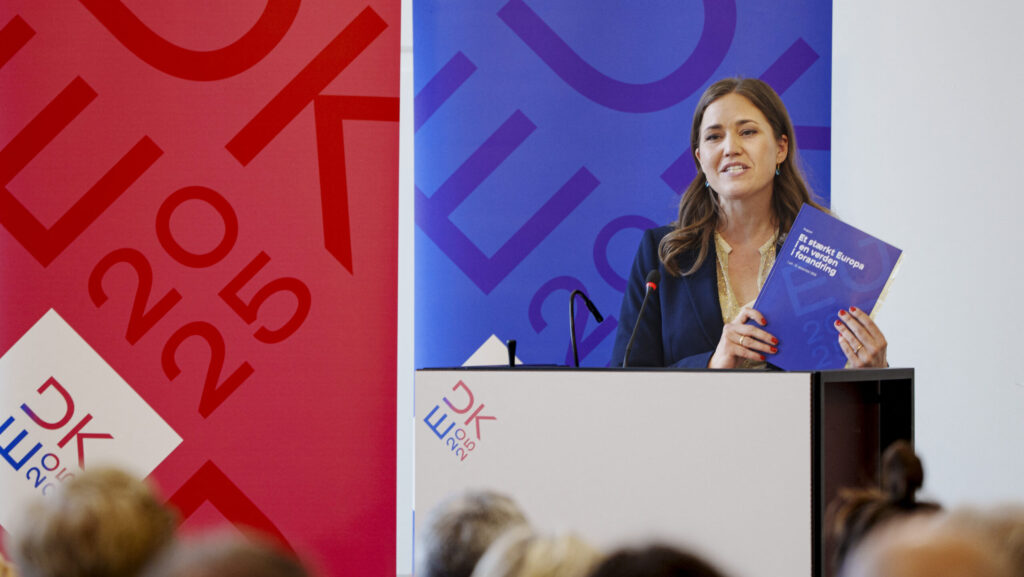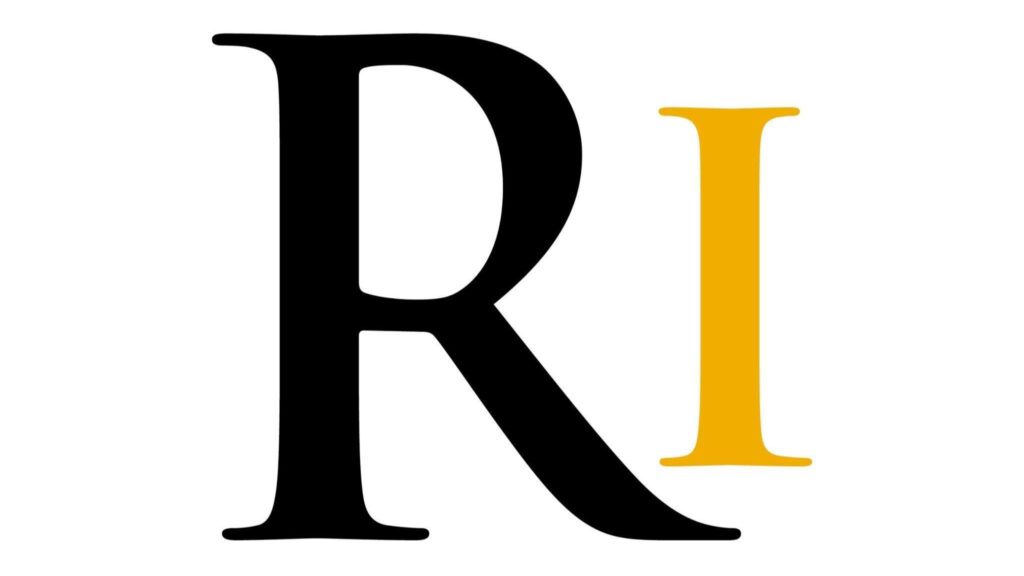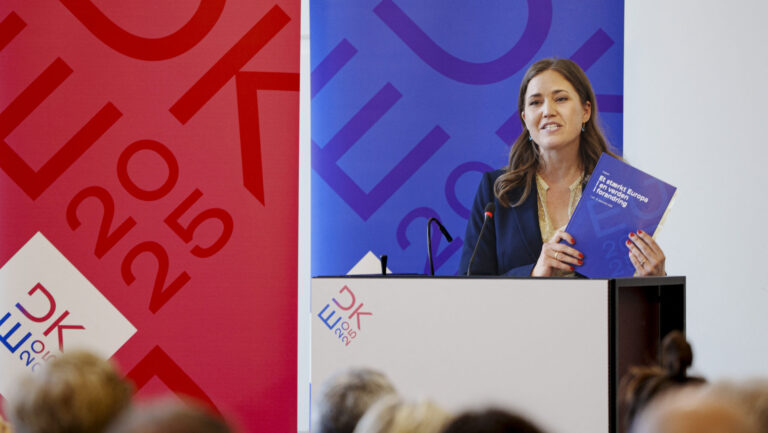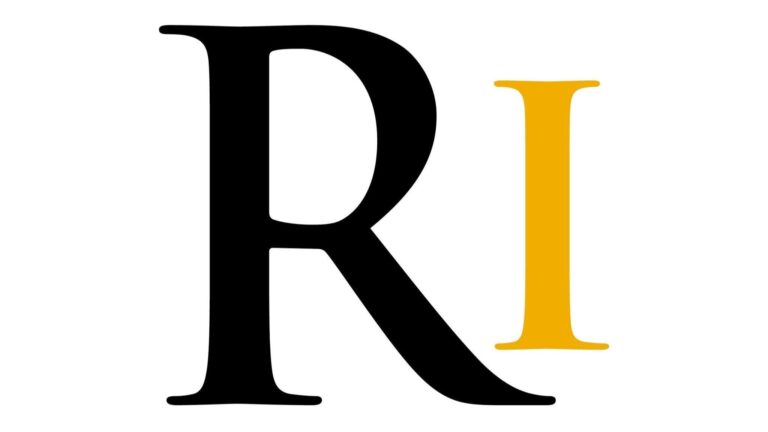According to the 2023 Megatrend Index compiled by independent think tank Equilibrium Institute (Egyensúly Intézet), Hungary is lagging behind other European Union member states in education and healthcare, but is performing well in terms of social cohesion.
The index examines the trends in Hungary and the other EU countries in five dimensions: education, digitalisation, environmental protection, healthcare, and social cohesion. Based on the results of the Megatrend Index, Hungary ranks in the lower third of the EU’s middle tier. We perform best in terms of social cohesion, ranking 15th out of the 27 EU member states. This is followed by our rankings in the Clean Country Index at 19th and the Digitalisation Index at 20th. We perform worse regarding two indices: healthcare and education, where we rank only 24th among the EU countries at the end of the period studied.
The Megatrend Index evaluates each country on a scale of 0 to 100, with 0 being the lowest and 100 being the highest value. Based on the results of the indicators—after performing the appropriate statistical adjustments—each country receives a score every year, with a higher score indicating better performance. Most of the indicators refer to the years between 2014 and 2019, but in some cases, the 2021 performances were analysed.
The Institute emphasised that the current indicators do not represent the results of government measures taken in a single year, and do not solely reflect the success or failure of current government performance.
Education
According to the results of the ‘smart country index’ that assesses the state of education, Scandinavian countries perform outstandingly well: Sweden took the first place, followed by Luxembourg in second and Finland in third. Based on the ‘input’ (resources allocated for education) and ‘output’ (effectiveness of education) variables, the institute concludes that in the field of education, output results are more significant, meaning that it is not solely the amount of money spent on education by a country that matters, but also how the resources are utilised.
Currently, Hungary ranks 24th, ahead only of Italy, Bulgaria, and Romania.
Based on an analysis of the input data of the education system, Hungary falls in the middle of the pack, but has lost eight places since 2015 (sinking from ninth to seventeenth). ‘By 2020, both the proportion of GDP spent on public education and the education system as a whole had shrunk, and the aging of the teaching staff had not been halted,’ writes the institute.
Digitalisation
During the examined period, Hungary consistently ranked towards the bottom of the midfield and maintained its 20th position. Cyprus, Croatia, and Poland showed similar results to Hungary, while the other two Visegrád countries performed better: Slovakia ranked 18th and the Czech Republic ranked 13th.
Environmental Protection
The ‘clean country index’ measured both active and passive environmental awareness. The passive indicators measure the neutralisation of pollution that has already been generated, while the active indicators include variables that measure the prevention of pollution and emissions. ‘We calculated the passive indicators with a weight of 1/3 and the active indicators with a weight of 2/3 because the active group plays a more important role in environmental protection,’ the report states. During the examined period, Hungary dropped one place to 19th on the overall clean country index and is competing with countries such as Greece, Ireland, and Poland.
According to Egyensúly Intézet, although Hungary ‘improved in most indicators, it typically declined in the rankings and currently cannot keep up with the pace dictated by the rest of the EU.’ We belong to the leading group in keeping noise pollution low and perform well in terms of greenhouse gas emissions per capita. However, we can claim poor results in indicators related to renewable energy and organic agriculture.
Healthcare
Based on healthcare data, Sweden ranks at the top by a large margin, maintaining its first place throughout the examined period. Ireland and Malta took the other two spots on the podium. Although Hungary was able to achieve a significant improvement (+23 index points), we finished in 24th place. The positive change that can be reported is that regular consumption of alcohol and the proportion of regular smokers have decreased.
Social Cohesion
As far as social cohesion is concerned, Hungary made significant progress during the examined period: we improved by 16.9 index points in six years, which meant an advancement of five places (from 20th to 15th place). According to the Equilibrium Institute, we are primarily competing with the Finns and the Irish, with a score of 73.6.
The number of suicides has decreased, and the proportion of young people who do not work or study has also decreased. The number of childbirths has increased among women under the age of 20.
It is also good news that income disparities within the country are not outstanding; that the number of divorces is also low; and that the number of children under 15 living in households without active earners is decreasing. In addition, the number of robberies per hundred thousand people is the second lowest in Europe in Hungary.
Related Articles:








